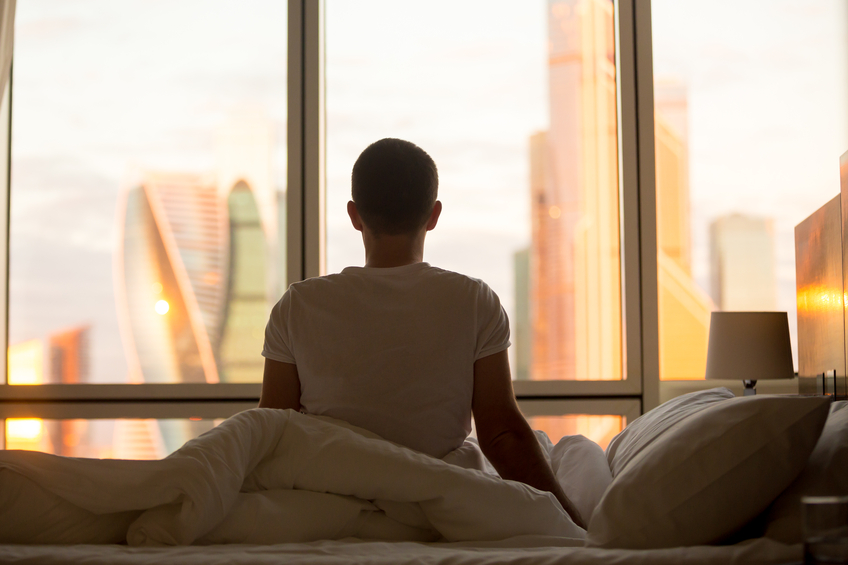How are you sleeping? Do you go to sleep quickly after you get in bed? Do you feel refreshed in the morning?
If the answers to those last two questions are both “no,” maybe you’re not exercising enough. If you think of your body like batteries, sleeping is when they recharge. But if you’re not using up energy, it can disrupt that process.
Everyone knows that exercise is good for you from a physical health standpoint, but it is just as important (if not more important) for your mental health, as well.
“Studies show that a good night’s sleep improves learning,” according to the National Heart, Lung, and Blood Institute (NHLBI). “Whether you’re learning math, how to play the piano, how to perfect your golf swing, or how to drive a car, sleep helps enhance your learning and problem-solving skills. Sleep also helps you pay attention, make decisions, and be creative.”
And when you’re not getting enough exercise, that means you’re not getting enough quality sleep.
“Lack of exercise causes fatigue, brain fog, depression, and overall deconditioning,” says Dr. Aleah Gibson, a primary care physician with St. Elizabeth. “Not exercising increases risk of long-term health issues.”
Sleep deficiency can interfere with your ability to make decisions and solve problems. It can make it difficult to control your temper. It can weaken your immune system, making you more susceptible to disease and infection. And sleep deficiency also can contribute to obesity, according to the NHLBI.
“After several nights of losing sleep – even a loss of just 1-2 hours per night – your ability to function suffers as if you haven’t slept at all for a day or two,” according to the NHLBI.
To maximize the mental health benefits of sleep, the Mayo Clinic currently recommends 150 minutes per week of moderate exercise, or 75 minutes per week of vigorous exercise. Examples of moderate exercise would be brisk walking or swimming, while running qualifies as vigorous. The Mayo Clinic also recommends limiting strength training to twice per week.
Because poor sleep can lead to fatigue, low-quality sleep and lack of exercise can become a vicious cycle. Even if you feel too tired, get up and move. You’ll feel better.
“You should not do vigorous exercise right before bed, however,” says Gibson, “as it may make falling asleep more difficult.”


